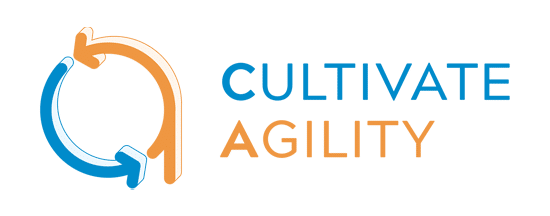Experiment 6: Stand Up Comedy
September 2, 2019 |A key element of my development journey over the past 18 months has been letting go of my need for competence and to embrace connectedness both with myself and with others. In the past I felt that if I was competent I was ok. Now I am recognising that relationships are paramount and this is contributing to a more enjoyable and fulfilling professional and personal life.
In many of my experiments I have chosen things that are both outside my comfort zone but also challenging my competence. Doing stand up comedy was no different. It’s something I have never done, not had any interest in doing and used to marvel at people who could do it.
I wanted to do this earlier in the year but procrastinated. The timing was never right but quite frankly I was putting it off because I was scared that I wasn’t going to be good enough. I had a break in my schedule in late August and knew I had no excuse. I enrolled in a 5 night course culminating in a 5 – 6 min set in front of 80 people last Thursday.
I have no issue standing in front of groups. I knew that I could deliver a 5 minute set. What I didn’t know was could I write comedy and how would I (and my amygdala) cope if no one laughed. Similar to my experience at Everest I felt anxious on the first night I turned up to my class. One of the powerful things I have learnt this year is noticing my anxiety ramping up and down. It reminds me of Susan David’s excellent work on Emotional Agility. Stepping outside yourself and just noticing and accepting your emotion rather than fighting it. I struggled in Nepal but this time I could simply observe the anxiety rather than buy into it.
I threw myself into the course and the homework. I did my research, watched comedians on Netflix and listened intently to my comedy coach. Part of that was due to my need for competence but part of it was just about how to acquire skill in something that was important to me. I was ok with failing but I wanted to give it my best shot.
On performance night I knew I had done the work and the preparation and I trusted I would be OK. In the end it was fine and I was happy with how it went. Will I do it again? Maybe, I am not sure. Part of me wants to test myself at an open mic night which would stretch me even more. Part of me wants to tick it off as a great experiment to learn from.
So what observations did I have?
Context & Experimentation
Comedy is all about context and experimentation. Firstly, you have to keep writing joke after joke until something sticks. I found it hard work and only 10% of the jokes you write are likely to become part of your set. Jokes might work in one context and not in another. Just because a joke doesn’t get a laugh doesn’t mean it’s not funny. Each set is about learning and refining. There was a real sense of experimentation in all elements of the comedy process. What I loved about the course is that I could test my jokes, get immediate feedback and refine.
Emotional Agility
That I experience anxiety when I am well and truly outside my comfort zone. I would like to think I am cool, calm and collected but I am not. What I have learnt the most this year is embracing my anxiety rather than fighting it or even hiding it. As stated above, what I am doing more of is watching it and noticing it move up and down. I am also noticing that my tolerance levels are increasing due to my experiments. The more we stretch beyond our comfort zone the bigger we make it.
Support
The importance of a supportive community. I talked about this when I did my Everest marathon experiment. It was the same in this experience. I had brilliant support from my partner, who I road tested some of my jokes with but she also encouraged me to embrace the anxiety I was experiencing. My fellow wannabe comedians were great. We all knew we were stretching ourselves and doings something that most people wouldn’t do. There is a vulnerability in putting yourself out there and being in a supportive and encouraging environment was so helpful.
Feedback
The role of feedback. If we want to get good at something we really need to open up to feedback. Sometimes this is painful or things we don’t want to hear but feedback helps us improve. Throughout the course our comedy coach, as well as other participants, gave specific and sometimes challenging feedback whether it be about a joke or how something was delivered. Each piece of feedback was provided with good intent. We all wanted each other to succeed and the more feedback we received the better our set became. I am a big believer in feedback and this confirmed how important it is if you truly want to get good at something.


Leave a Reply